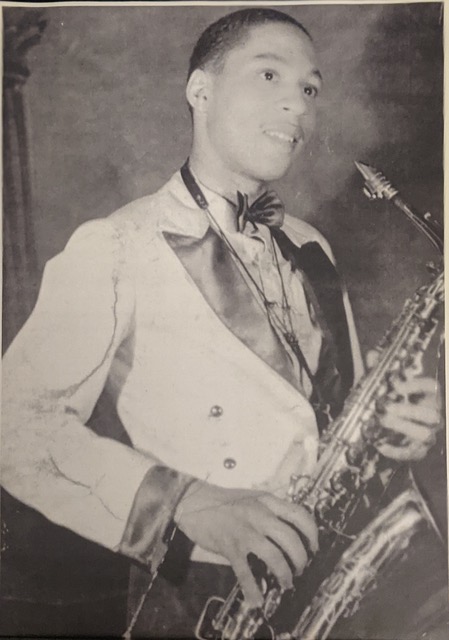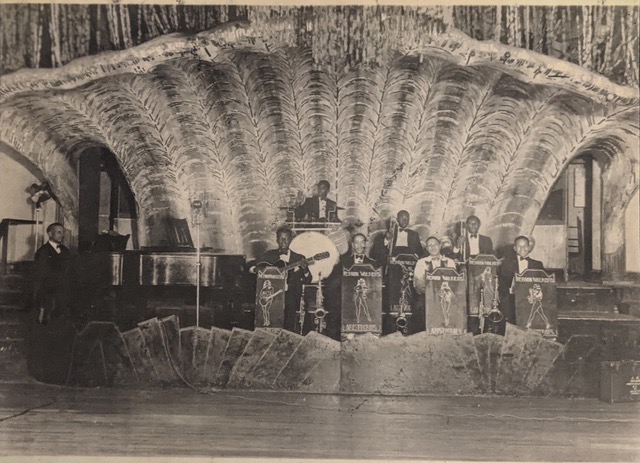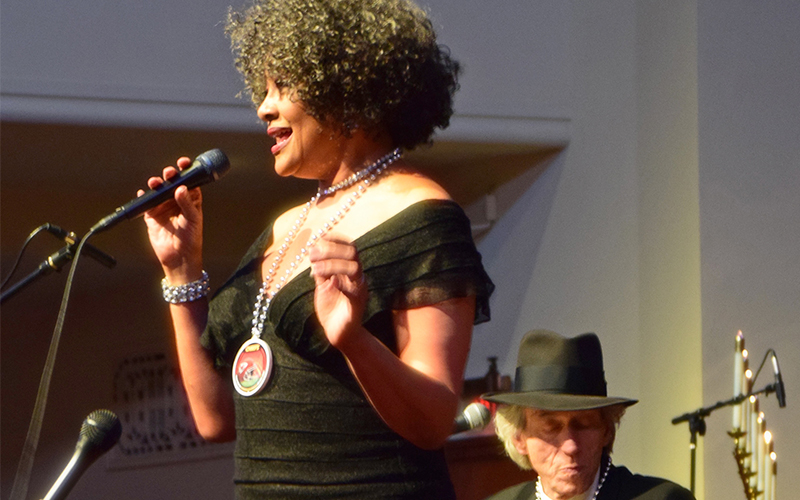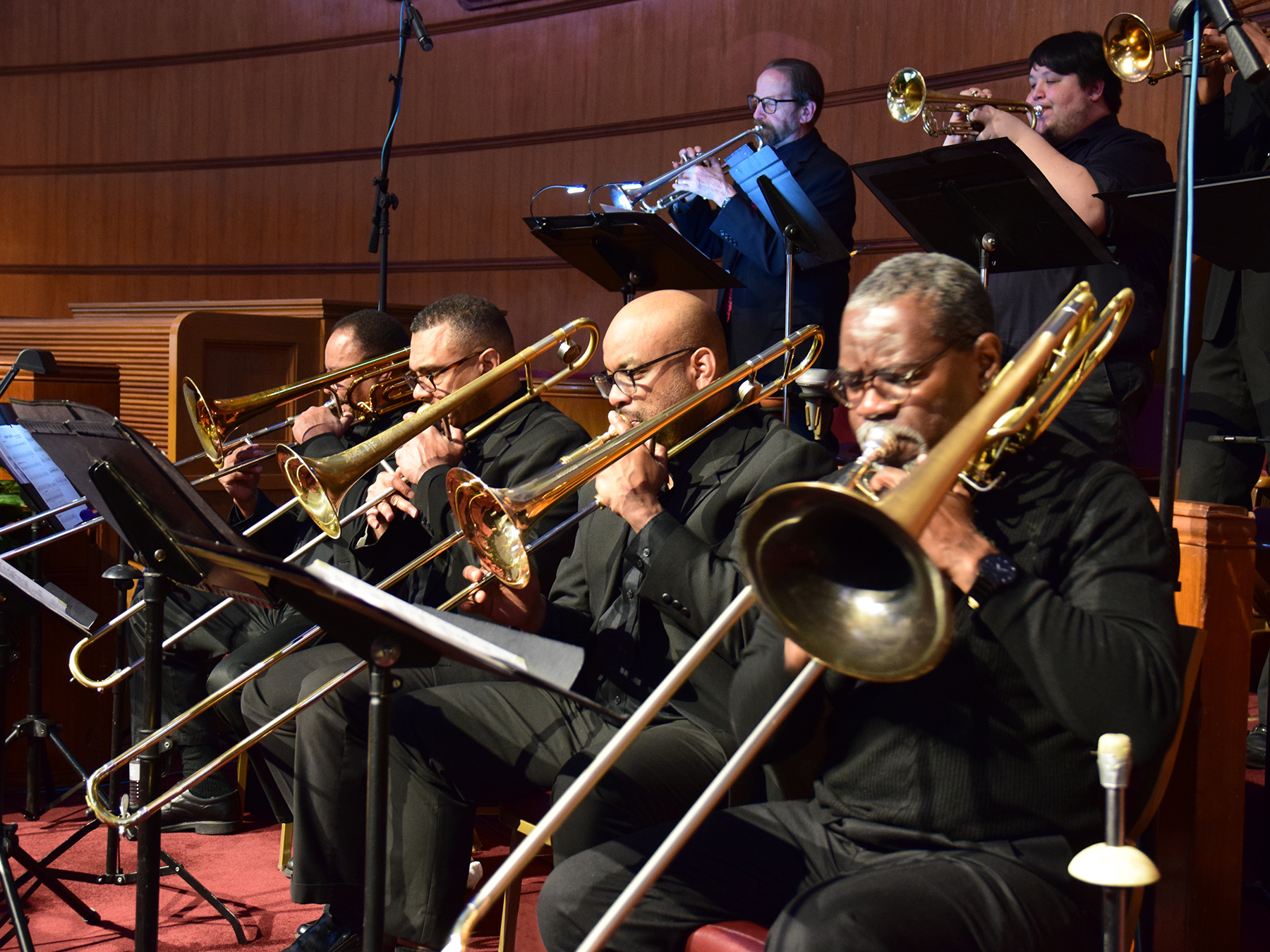Angela Hagenbach grew up surrounded by music. The Kansas City-based jazz vocalist remembers “listening to [her] mom play Chopin, Debussy, and other classics on the piano.” Her father, jazz musician and saxophonist Leslie Washington, would sometimes “accompany her with various wind instruments, primarily the clarinet and the flute,” Hagenbach recalls. “I had yet to learn my dad was a working jazz musician during the late 1920s to 1940s.”

The seventh of eight children, Hagenbach cites the influences and interests of her siblings. “My eldest sister was fond of playing film scores from epic films like El Cid and Ben Hur; she had an entire film score repertoire of sheet music for piano,” Hagenbach explains. “My elder brothers were into Jimmy Smith and Hugh Masekela. But then my other sisters were all about Motown. Personally, I am a child of 70s funk.”

Hagenbach is multitalented with a background in instrumental as well as vocal performance. “I’ve sung in choirs and even in the infamous One Way Band, a garage band of teenagers. I played trombone and rhythm keyboards and sang background and lead, primarily Earth, Wind, and Fire covers,” she explains. “But in 1990, I heard Sarah Vaughan sing Black Coffee while driving north on I-435; it changed my whole perspective on music, vocals in particular, and the rest is history.”
Hagenbach is set to perform with the City Light Jazz Orchestra, one of Kansas City’s premiere jazz ensembles, at Topeka’s Sunflower Music Festival, on June 19th. The performance celebrates Juneteenth under the direction of Angela Ward, and is titled, “A Tribute to Black Female Composers,” featuring compositions by Melba Liston, Nina Simone, and Billie Holiday. Performing alongside Hagenbach is veteran jazz performer and bandleader David Basse.

An original composition co-written by Hagenbach, titled On the Road Eastward, will also be performed. “It’s a poem by my good friend, Mark Schroer; the melody came to me instantly as I read it,” Hagenbach says. “Jake Blanton, an amazingly talented guitarist and member of one of my ensembles at the time, played some chords behind my melody, and the tune was born!” Dave Aaberg will arrange the final version, and Hagenbach says, “The audience, the City Light Jazz Orchestra, and I will experience it for the first time together.”

The City Light Jazz Orchestra’s Jazz Night has been one of the most popular nights at the Sunflower Music Festival and across Kansas City. When asked what about jazz can be so affecting for audiences, Hagenbach says, “I couldn’t really speak for the masses, but for me, it’s all about the stories. Rather than being told through the lyric, melody, or score, there is a conversation open to interpretation by the listener and the interpreter. A call and response of melody and supporting elements weaving the composer’s message into a gorgeous fabric of sound that performers offer to the audience. Depending on one’s frame of reference, the story changes colors as it is played and listened to. Also, the bits of history about the composer’s intent, be it lofty or just a little ditty, music, as they say, is a universal language that lingers for a time. However, live music, and jazz in particular, is always fresh and new. The room, the experience, and the persons sitting nearby add to the live performance vibe, and maybe that’s what affects the audience so deeply and brings them back again and again.”
The Sunflower Music Festival runs from June 16 to June 24, with Jazz Night beginning at 7:30 on June 19 in White Concert Hall. Tickets are free.


